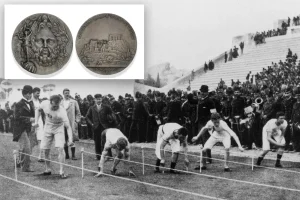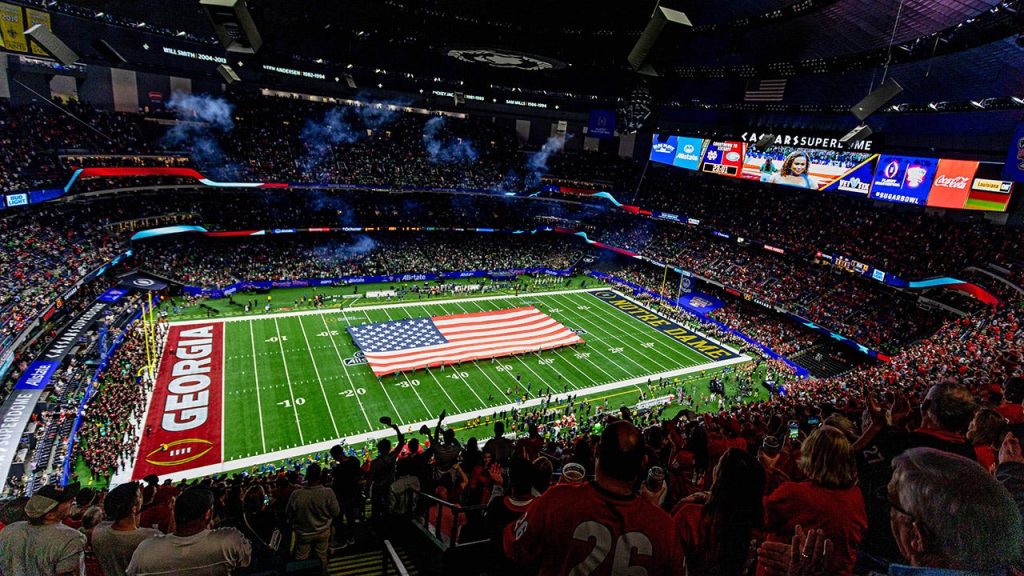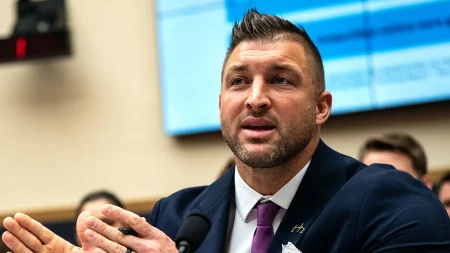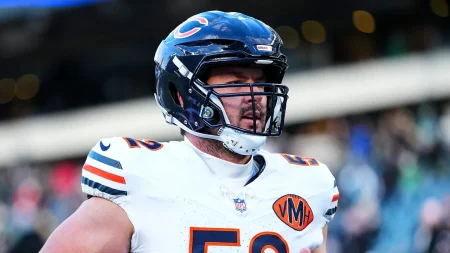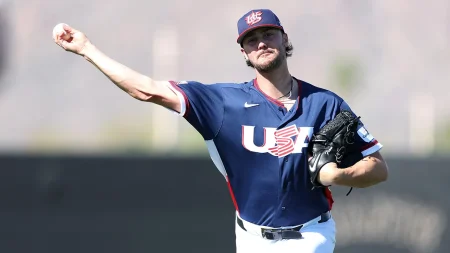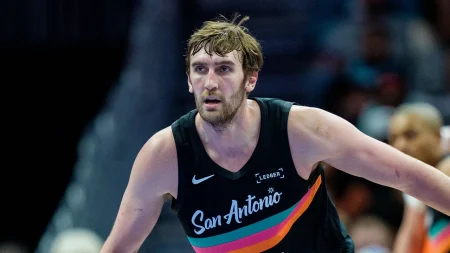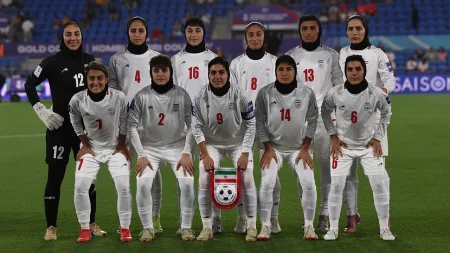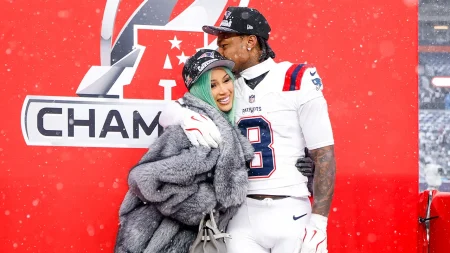The Sugar Bowl’s Delayed Kickoff and a Nation’s Resilience
The 2025 Sugar Bowl, a spectacle of college football prowess, was tragically delayed due to a horrific terror attack that struck the heart of New Orleans on New Year’s Day. The city, renowned for its vibrant culture and festive spirit, was plunged into mourning as news of the attack spread, claiming the lives of 15 innocent individuals and leaving dozens injured. This act of violence cast a somber shadow over the highly anticipated game, but it also became a catalyst for a powerful display of national unity and resilience.
As the rescheduled game finally commenced, the pre-game ceremony served as a poignant tribute to the victims. A moment of silence was observed, a solemn pause amidst the bustling stadium, honoring the lives tragically lost. Following this somber tribute, a wave of patriotism swept through the crowd as fans from both Georgia and Notre Dame united in a resounding chorus of "U-S-A" chants. This spontaneous display of solidarity transcended team rivalries, demonstrating the unifying power of sports in the face of adversity. It was a moment that encapsulated the spirit of a nation refusing to be defined by fear and division.
However, this powerful display of unity and patriotism went unseen by millions of viewers tuned in to ESPN, the exclusive broadcaster of the game. The network, for reasons yet unexplained, chose to omit the moment of silence, the "U-S-A" chants, and even the national anthem from its broadcast. This decision sparked a wave of criticism and outrage, with many accusing ESPN of deliberately ignoring a moment of national significance. Critics contrasted this omission with the network’s extensive coverage of athlete protests during the 2020 NBA playoffs, arguing that ESPN’s selective broadcasting reflected a biased agenda. This perceived double standard fueled further accusations of the network prioritizing political narratives over showcasing moments of national unity and resilience.
ESPN’s Coverage Under Scrutiny: A Pattern of Downplaying and Omission
ESPN’s handling of the Sugar Bowl broadcast added fuel to an already burning fire of criticism surrounding its coverage of the New Orleans terror attack. The network’s initial reporting referred to the incident as a "truck attack," seemingly minimizing the deliberate and malicious nature of the act. This language echoed a similar controversy surrounding ESPN’s coverage of the 2021 Waukesha Christmas parade tragedy, where a vehicle was driven into a crowd, resulting in multiple fatalities and injuries. In both instances, critics accused the network of downplaying the role of the perpetrators and their motivations, seemingly prioritizing a narrative of accidental tragedy over acknowledging acts of intentional violence.
This perceived pattern of downplaying and omission further fueled the backlash against ESPN’s decision to exclude the patriotic displays from the Sugar Bowl broadcast. Critics argued that the network’s selective coverage reflected a bias against displays of patriotism and national unity, especially when contrasted with their extensive coverage of protests and social justice demonstrations. This perceived double standard raised questions about ESPN’s journalistic integrity and its commitment to providing unbiased and comprehensive coverage of events.
The Public Outcry and ESPN’s Silence
The public outcry against ESPN’s Sugar Bowl broadcast omissions was swift and resounding. Social media platforms were flooded with criticism, with viewers expressing their disappointment and outrage at the network’s decision. The Daily Mail compiled a collection of these negative reactions, highlighting the widespread disapproval of ESPN’s editorial choices. Even the CEO of the Sugar Bowl’s corporate sponsor faced criticism for a statement deemed by some to be divisive in the aftermath of the attack. This public outcry underscored the significance of the moment ESPN chose to omit, and highlighted the public’s expectation for comprehensive and unbiased coverage of events of national importance.
Despite the mounting criticism and numerous inquiries, ESPN remained silent, offering no explanation for its decision to exclude the moment of silence, the "U-S-A" chants, and the national anthem from its broadcast. This lack of response only served to amplify the public’s frustration and deepen the perception that the network was deliberately avoiding accountability. The silence fuelled speculation about the network’s motivations and further eroded public trust in their editorial judgment. The unanswered questions surrounding ESPN’s coverage choices left a lingering cloud over the Sugar Bowl, overshadowing the game itself and highlighting the broader debate surrounding media bias and the role of sports in reflecting national sentiment.

